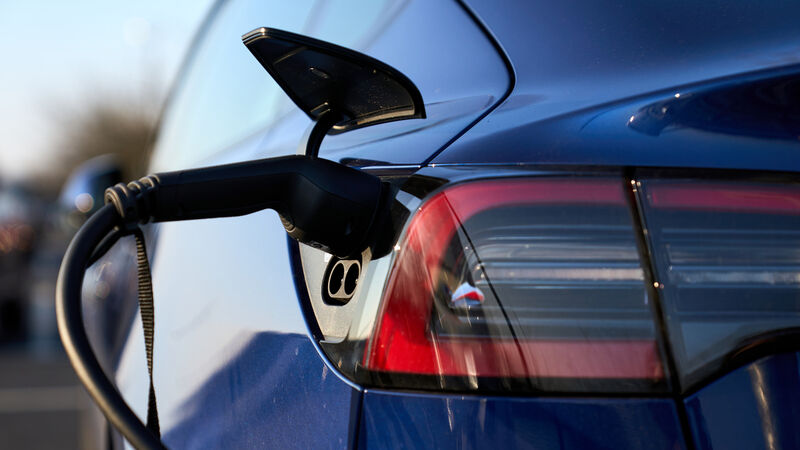Government target of 950,000 EVs by 2030 branded 'nonsensical'

Some 1,441 electric vehicles were sold in the month of June according to Geotab vice president for Ireland and the UK, David Savage.
The Government's strategy to have 950,000 electric vehicles (EVs) on the road by 2030 is "nonsensical" without the removal of barriers in the secondhand UK market, a leading expert has said.
Editor of IrishEVs.com, Tom Spencer, said sales figures released this week show that while the number of EV sales has risen significantly compared to previous years, it is completely out of line with the government's targets for 2030.










